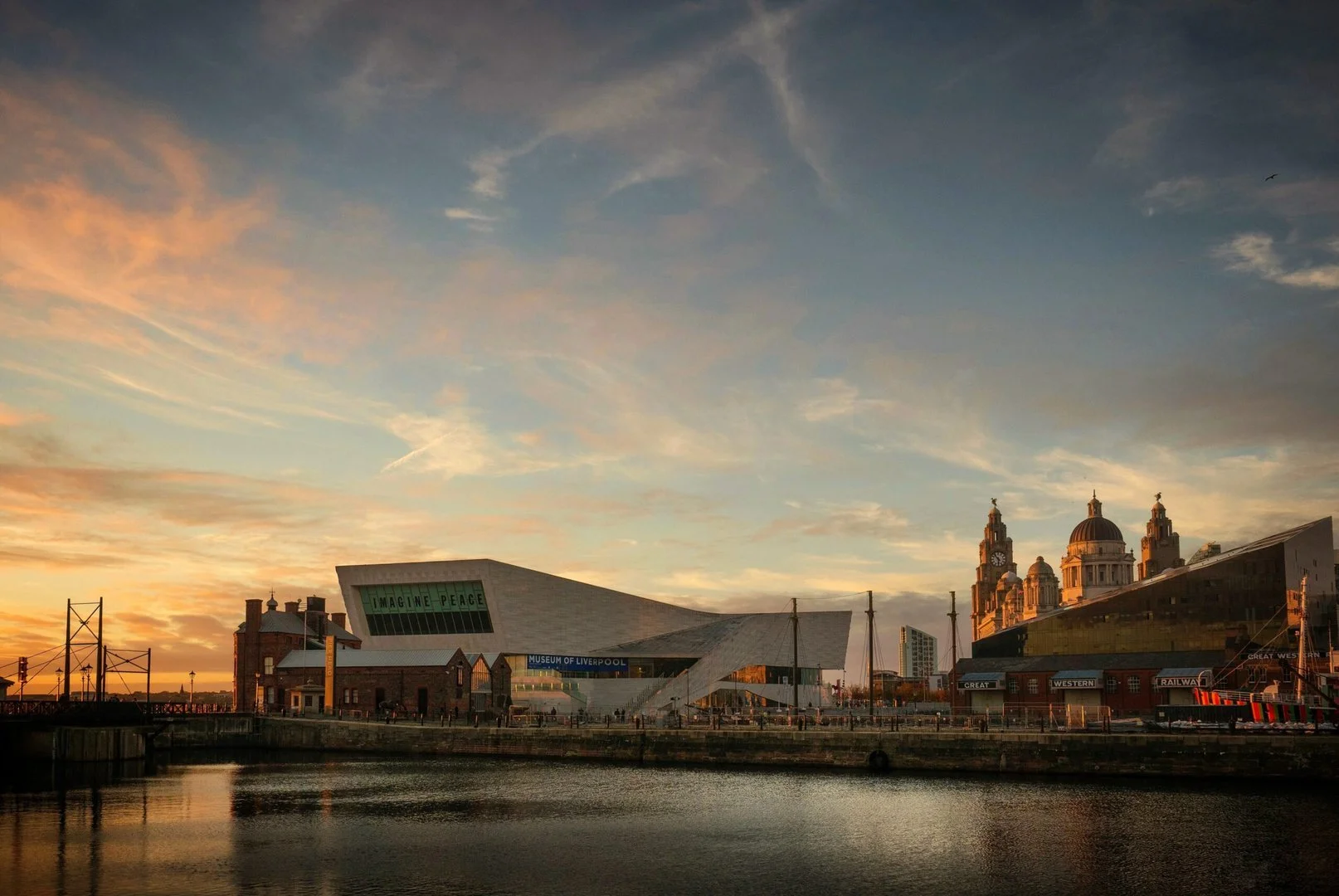Liverpool become first city to adopt Act1.5 licencing conditions.
New research from the globally renowned Tyndall Centre for Climate Change Research has identified the greenhouse gas emissions impact of major UK music festivals, and the lack of action on the part of both festival promoters and licensing local authorities to tackle the growing problem.Despite 75% of all local authorities declaring a “Climate Emergency” (including those issuing licenses to all major UK outdoor music festivals), recent initiatives from the live music sector still fail to make meaningful commitments or issue clear targets on “Scope 3 Emissions” – in this case audience travel – where between 65-80% of greenhouse gas emissions for these events are generated.The research has been commissioned by the ACT 1.5 project – an independent, production led unit (supported by the Arts Council England) that resulted from the 2021 Massive Attack X Tyndall Centre decarbonisation of live music roadmap. The Tyndall research reports a double failure of regulation and innovation, but more positively, the scale of potential emissions reductions possible by incrementally transferring audience travel away from the use of private vehicles.The exploration forms part of a suite of work by the ACT 1.5 unit, which includes:
A “gold standard” set of Model Licensing Conditions to be used by City and Local Authorities when approving festival licenses or renewals, with an incremental, year-on-year minimum standard of GHG reductions to facilitate compatibility with multi-sector IPCC targets to reduce all emissions by 50% by 2030 - including Scope 3 emissions.
Eurovision host Liverpool City Council has become the first authority to commit to the Gold Standard conditions as City policy.
new innovations in creating the UK’s first ever entirely renewable energy/grid-powered multi-use festival site.
a five-year projection of the availability of renewable energy powered battery options (to replace diesel generators) at all sites.
The design and development of a new single portal, digital tour router to reduce mileage in musical tours, and transfer fuel source to verified 100% waste product HVO fuel – with country-by-country supplier data and delivery ranges included within one dashboard.
ACT 1.5 Producer Mark Donne, and GEI15 speaker said:“It’s brilliant to see a globally iconic music city like Liverpool blaze the trail for climate action, by agreeing to use the ACT 1.5 Model Conditions as its licensing touchstone. This latest Tyndall research demonstrates that major music festivals are still not doing nearly enough on Scope 3 emissions. Just as in all areas of life, we must learn how to do things differently now if we have a hope in hell of keeping global warming at anything like safe levels. Urgent action has to include activities that are most popular, and that we as a society enjoy the most.”

